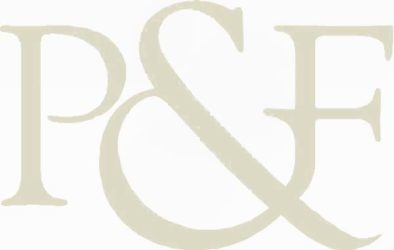In these uncertain times during the Covid-19 pandemic,we would like to offer you a brief FAQ file regarding travel and renting in Tuscany, and what we can do to help you have a better and safer stay in your rental property.
Tuscany in general, and Florence in particular, have been relatively spared by the Covid-19 outbreak. But the lower numbers of contagions in this region have not prevented the lock downs and the travel restrictions that have been imposed. As we adjust to the new rules such as social distancing, face masks, hand sanitizers, and contact tracing, etc., that are necessary to keep us safe, we are thinking of ways to improve the interest in our Region and make the rentability of properties easier for the future.
We think one of the biggest expectations of our clients will besafety. You will expect to enter a property, whether it be for a night or a month or a year, that is not only clean but possibly also sanitized prior to being occupied. This major concern is something we are planning for so that we may offer with confidence any apartment, house or villa that Pitcher & Flaccomio represents.
You can find out more in our FAQ page.
Please consider the items under what we can do to help you as “suggestions”, since we are a Real Estate company and not an official health institution nor doctors.
